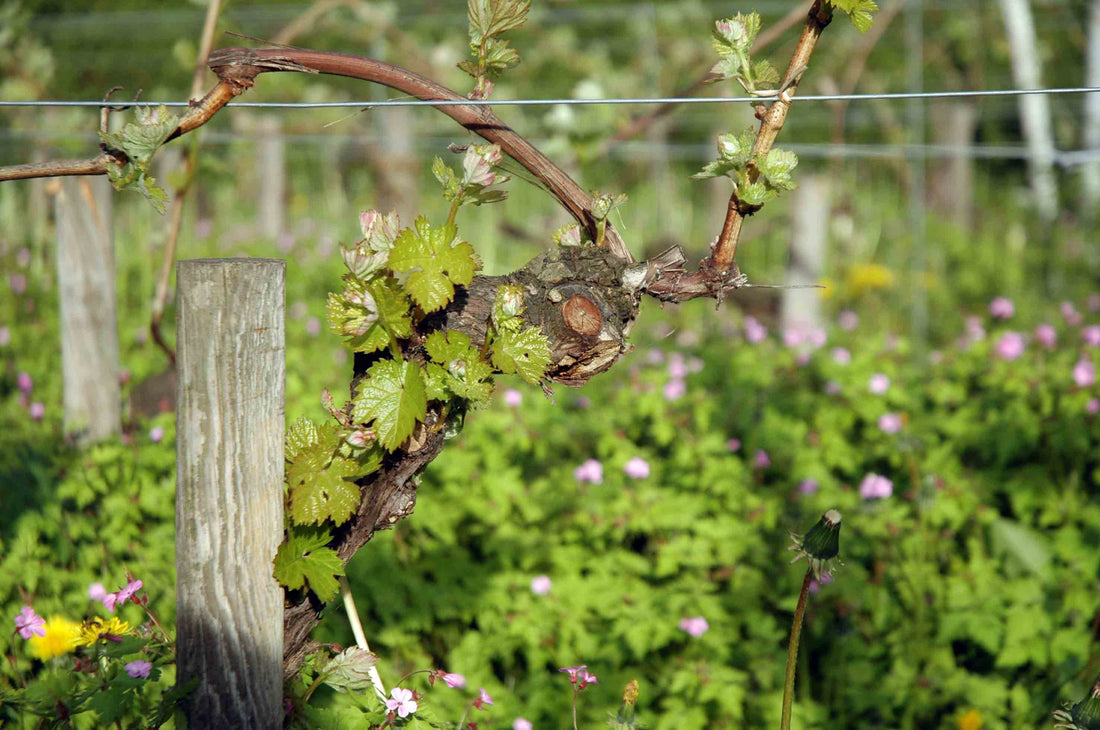When D Vine Cellars set up in July 2012, we were, and still are, committed to supplying wines of either organic, biodynamic or sustainable origins. In fact, in May 2012 D Vine Cellars ran the wine shop at the very first RAW (Real Artisan Wine Fair).
On a number of occasions I was asked why? Well simply, you can’t make great wine with bad fruit, and I feel that producers of wine that can be classified as organic, biodynamic or sustainable are committed people who are working in this fashion to create better fruit. But what do these three terms mean, and how do they differ?

Organic: Simply no chems! No chemical fertilisers, herbicides or pesticides full stop.
Biodynamic: Without going through all of Steiner’s principles, we can sum his ethos up as an undertaking to adopt and adhere to sustainable methods of agriculture based on traditional methods. Harvesting and planting on the lunar cycle, allowing wild flowers and vegetation to grow, whilst allowing animals to graze and exist within this a balanced ecosystem. There are similarities with organic principles and in some cases a winery can be both. Some people feel this gets a little spiritual but this heightened focus on the produce means there are no shortcuts. If you go to all this effort to make wine then it's going to be something worth drinking.

Sustainable: I freely admit this is a little grey but effectively many producers adopt the above principles but don’t have the desire or finances to gain certification. Many producers are also working to sustain not just their immediate and greater environments but also work towards sustaining local communities and traditions, helping to support local industry.
Then we have the term Natural Wine. It is not a myth but lacks a uniform definition. Essentially these are wines that fall into any of the definitions above, and are generally made without additional yeast, with less than 70mg of SO2 and without filtering or fining. Isabelle Legeron sums this up in her charter better than most. These wines are made with minimal intervention.

Ultimately, wine is good because it is well made, and producers who follow any of the above farming practices are going to do their best to make something with a signature, a sense of vintage and a sense of place. This diversity should be embraced, if not we would all be drinking the same!

